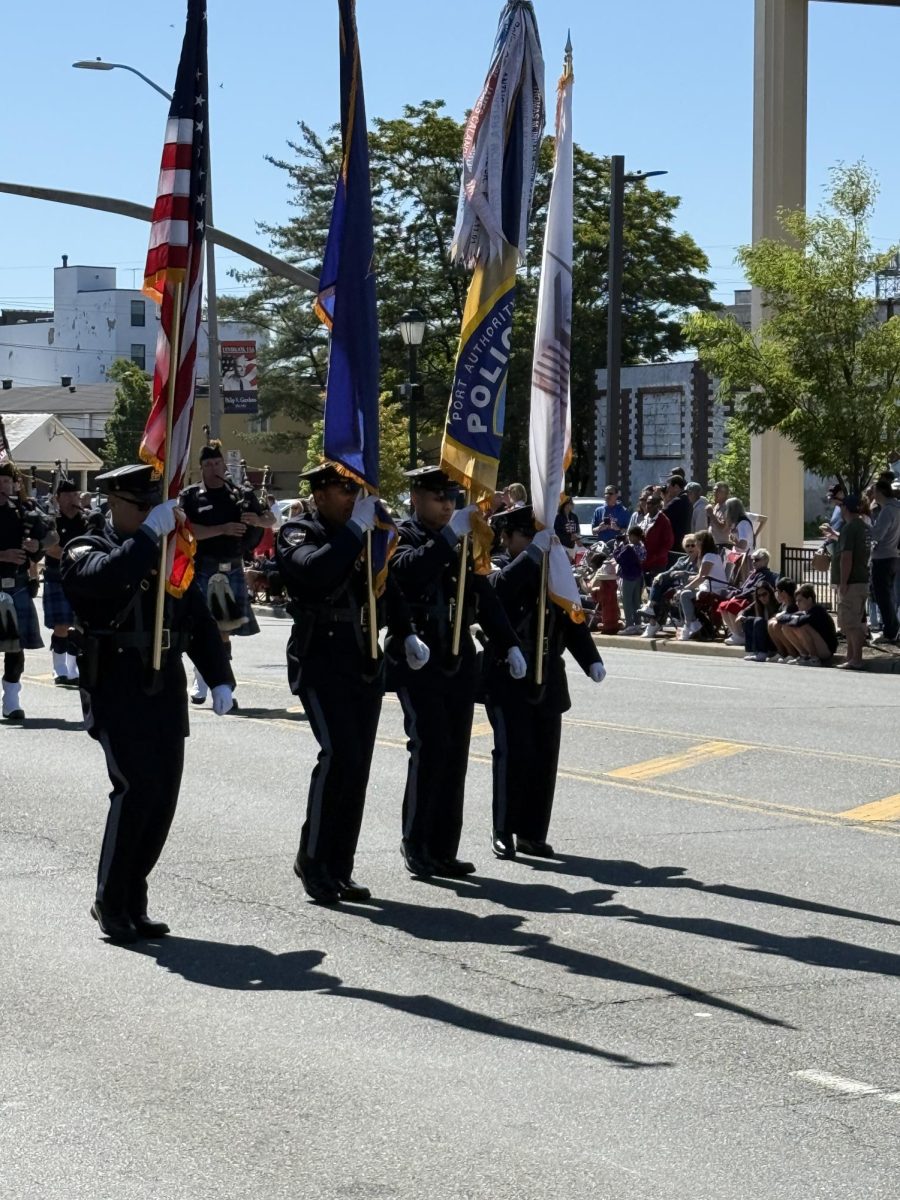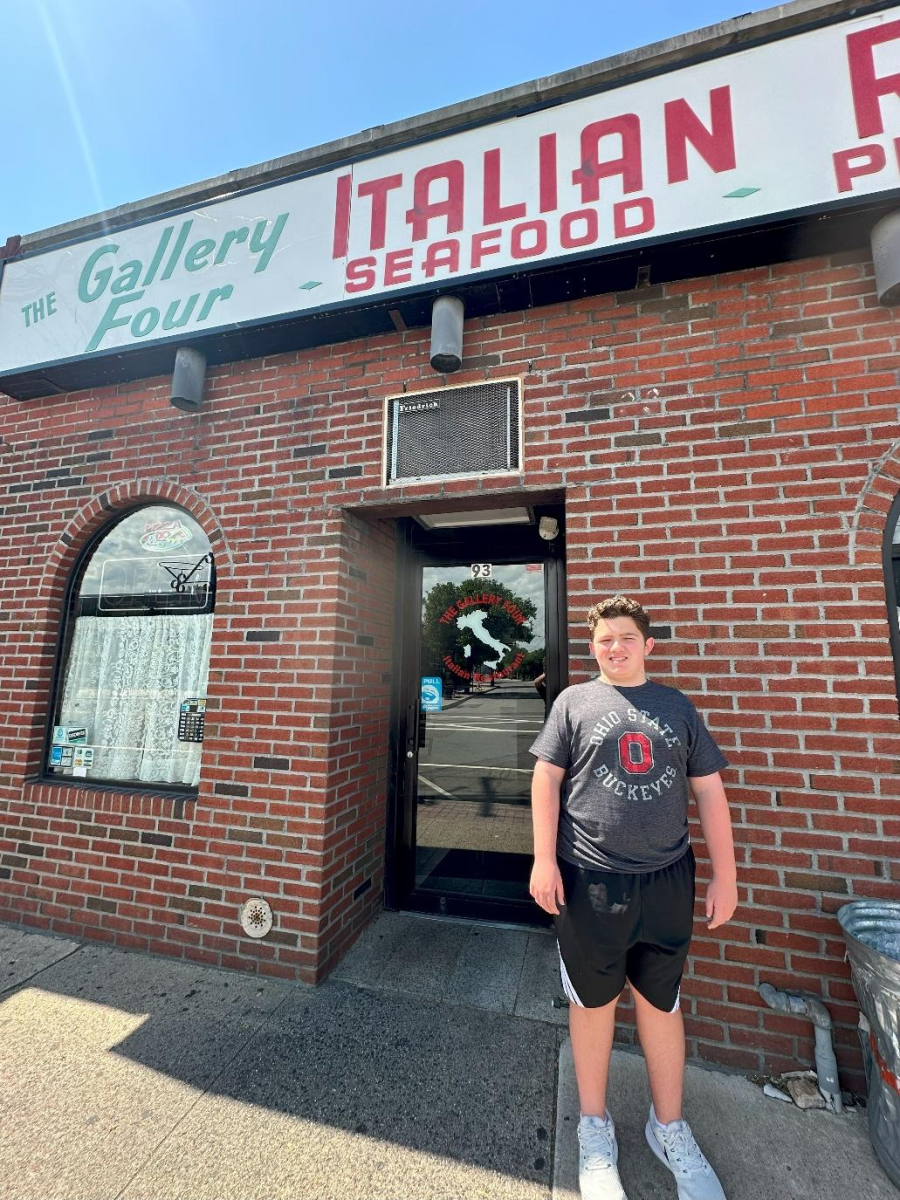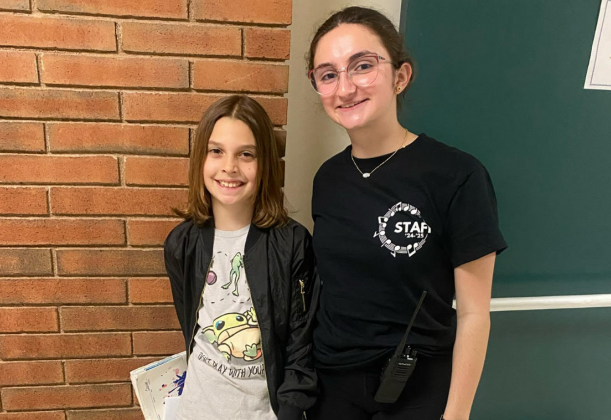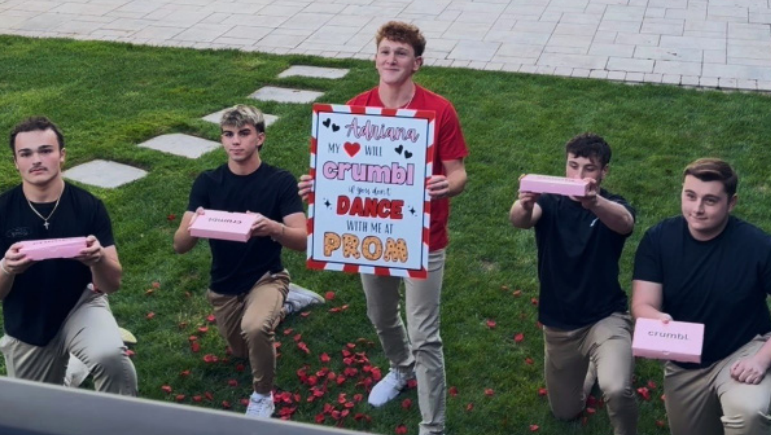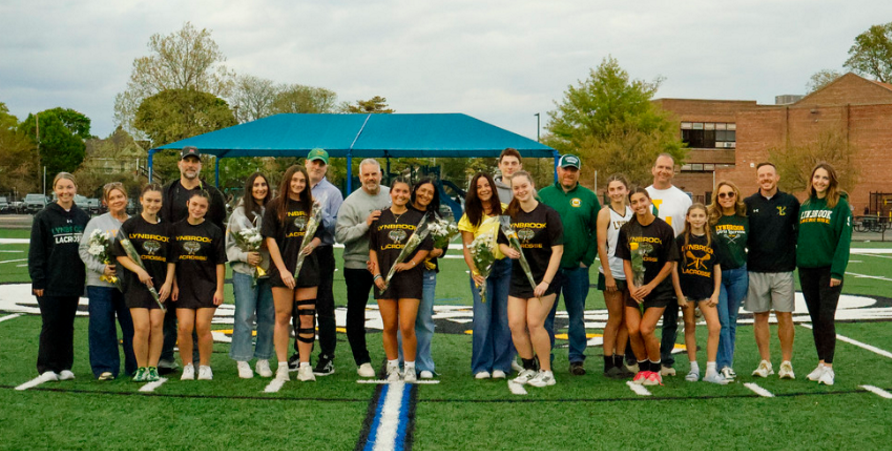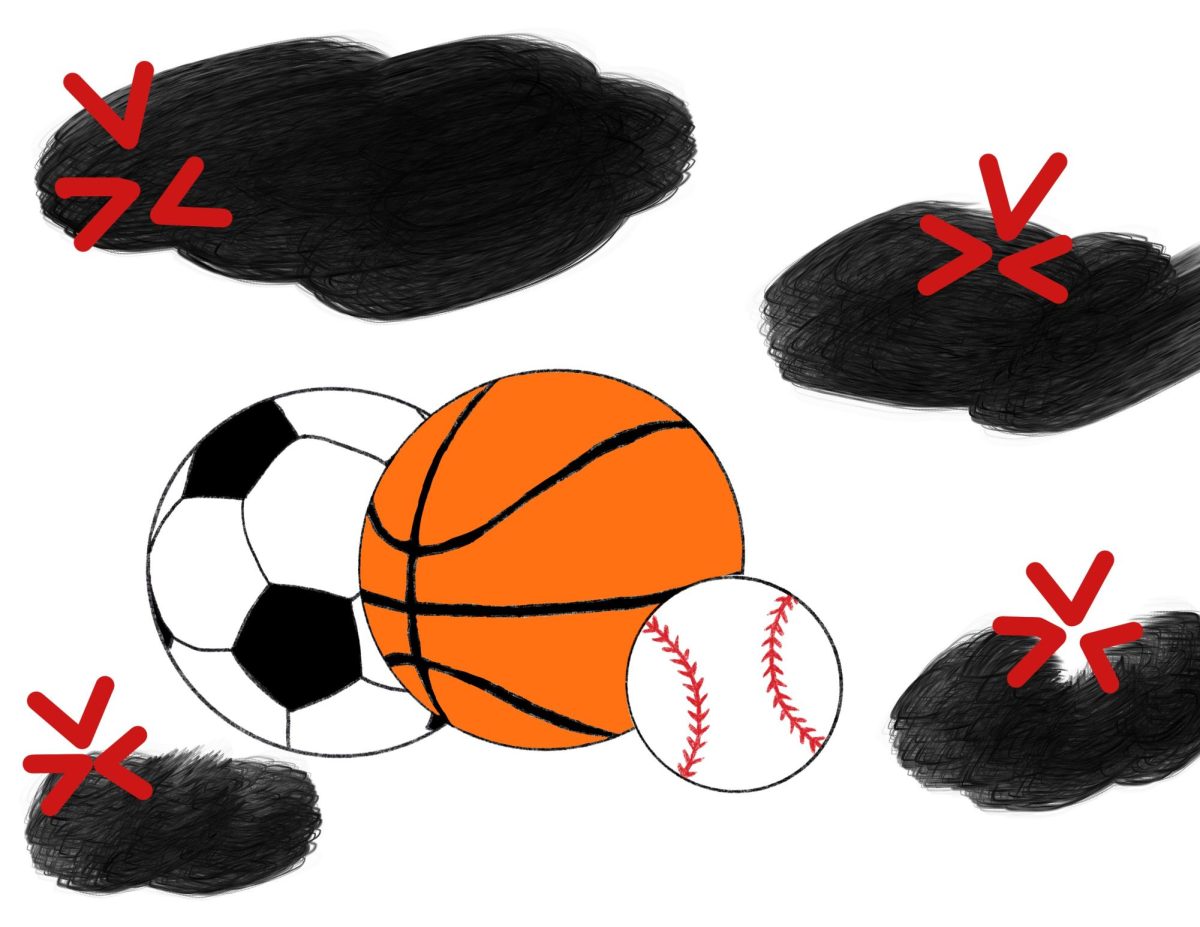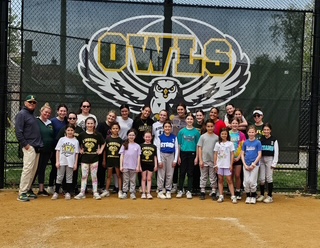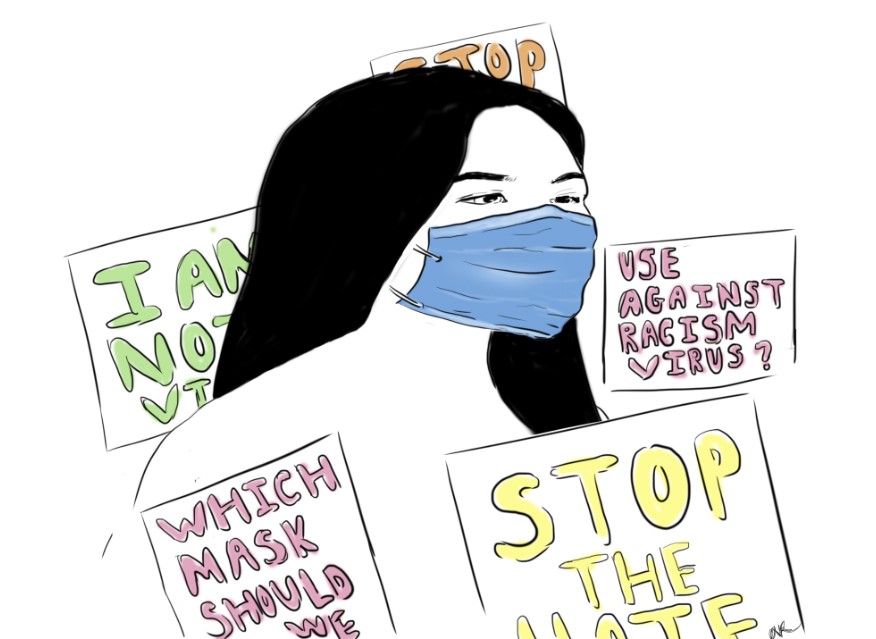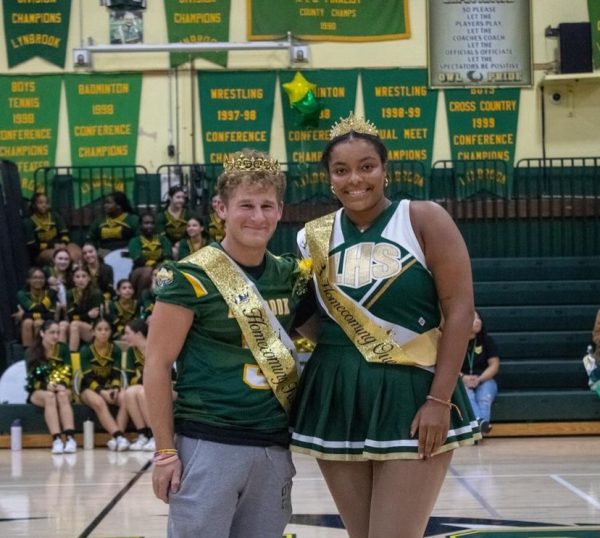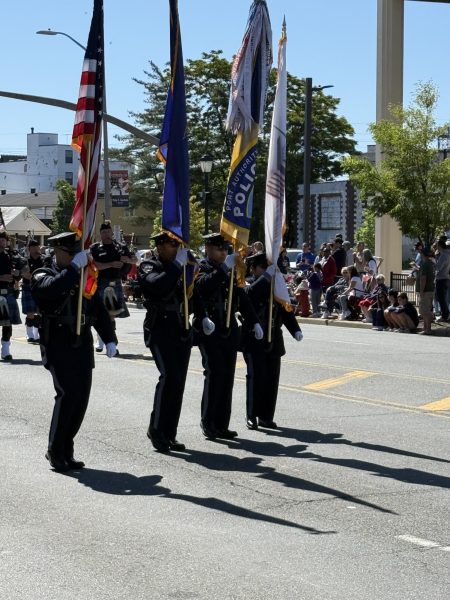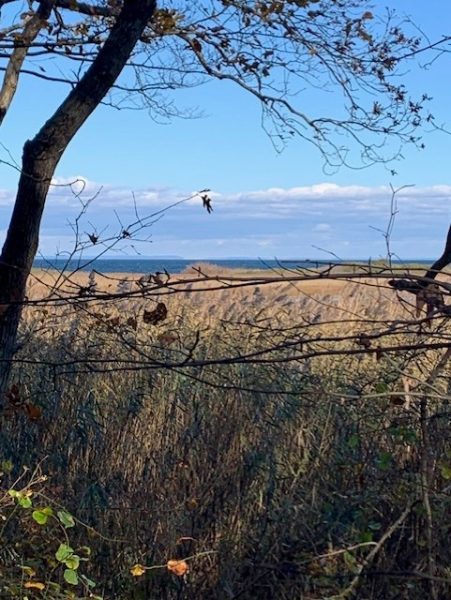Hate Crimes against Asian Americans Continue to Rise
Recent violent attacks against Asian-Americans have sparked conversations about racism against Asian-Americans.
The beginning of the COVID-19 pandemic saw an increase in hate crimes against Asian Americans, and since then, this trend has continued to worsen. According to NBC News (www.nbc.com), a recent study conducted by the Center for Study of Hate and Extremism in San Bernardino, California, concluded that while hate crimes decreased by 7% overall in 2020, hate crimes targeted specifically towards Asian Americans experienced a 150% increase. According to NBC, after collecting data from sixteen major US cities, “The analysis revealed a surge in cities such as New York, where anti-Asian hate crimes rose from three in 2019 to 28 in 2020, a 833 percent increase.”
The social organization Stop Asian Americans and Pacific Islanders (AAPI) Hate (stopaapihate.org) released a report in February revealing the statistics of anti-Asian hate crimes nationwide and against elderly citizens. Between March and December of 2020, the organization received records of “over 2,808 firsthand accounts of anti-Asian hate from 47 states and the District of Columbia.” Over 120 of those accounts targeted individuals over the age of 60, and youth under the age of 20 make up over 10% of reported cases. Cofounders of Stop AAPI Hate, Manjusha Kulkarni, Cynthia Choi, and Russell Jeung, Ph.D., issued a statement in response to these attacks:
“We are outraged by the disturbing incidents we’ve seen […] where Asian American elders have been attacked in the San Francisco Bay Area. These violent assaults have a devastating impact on our community as they are part of an alarming rise in anti-Asian American hate during the COVID-19 pandemic.
These recent incidents are stark reminders that urgent action must be taken to protect our AAPI community from hate, discrimination, and violence. It is up to all of us — businesses, the government, and community partners — to come together and immediately support victims and families affected by these incidents, and work together to create long-lasting solutions that empower our communities with resources, support, and education.”
Along with these statistics, the organization received several verbal accounts from Asian elders, who experienced various forms of discrimination, verbal harassment, or physical assault. A 67-year-old individual from New York City reported, “I was waiting to cross the street when I felt something on my head, and it turned out to be spit all over my hair and the back of my coat.” He went on to share that a large white man had spat on him numerous times. A report from the child of a 71-year-old Korean man shared that their father “was chased out of a rural convenience store after asking to use the restroom” in Northern California. A couple in Sammami, Washington, reported that they were attacked by two dogs while walking down a local street. The husband recalled that after the owner retrieved her dogs, she said, “The reason the dogs are afraid of you is because you eat dogs!” Although the man later explained that he was born in the US, that did not lead the woman to apologize for her pets’ behavior.
Several members of the LHS Student Diversity Council offered strategies to ensure security against any physical or verbal attacks or prejudice while in school. As a member of the council, junior Manaka Ogura hopes “to raise awareness by educating my fellow classmates [about] the history of Asian Americans and their fabric to society in order to prevent such prejudice in the first place.” Junior Rachel Edelstein stressed the importance of communication throughout society: “It is important to reach out to the Asian and Asian American members of the Lynbrook community to find out what their needs are and what we can do to make them feel more safe, included, and welcome.” In addition to communication, junior Asa Freeman suggested that “a place to anonymously report suspicious or threatening behavior” would ensure that no hateful actions go unnoticed. Principal and advisor of the Student Diversity Council Joseph Rainis wanted all students to know that their voice and presence matters in school: “I think it’s important for the students to feel comfortable knowing that they have support from the staff, and it’s also important for them to realize that they have allies within the student body who will support them.”
Recently, the Student Diversity Council was given the opportunity to speak with Dr. Kathy Hopinka Hannan about the importance of diversity, inclusion, and equity in society. Dr. Hannan is the National President and Chairman of the Board of Directors for Girl Scouts of the USA, as well a member of the Board of Trustees for the Smithsonian National Museum of the American Indian. After giving her presentation, Dr. Hannan was interviewed about the recent events that affected the Asian American community. She believes that in order to combat racism and protect the Asian community, “it is critical for us to realize our fundamental sameness; we are all human beings and our differences are to be valued as they create great and greater solutions, innovation, and possibilities in society.” Like many members of the Diversity Council, Dr. Hannan believes that “it starts with asking to have conversations, sometimes difficult conversations, to gain greater understanding of where we all came from.” Diversity is an integral part to combat racism; for Dr. Hannan, ways of generating the empathy that comes from diversity “[go] back to sharing our stories. Sharing traditions, make it a fun learning experience… Storytelling is essential.” Dr. Hannan explained, “When it becomes personal it becomes real. Everyone has a story.” Dr. Hannan emphasized the importance of bringing awareness to injustice: “Asian Americans telling their challenges and journey will reveal similar threads over the generations and across various ethnic groups.” Dr. Hannan encouraged all allies and Americans to “make the time to invest in learning independently as well, which will help you ask better questions to gain deeper understanding.”
After taking office, President Joe Biden released an executive memorandum on the official White House website (whitehouse.gov) that condemned xenophobia, intolerance, and racism against Asian Americans and Pacific Islanders in the United States. Section II (A) of the memorandum stated, “The Secretary of Health and Human Services shall […] consider issuing guidance describing best practices for advancing cultural competency, language access, and sensitivity towards Asian Americans and Pacific Islanders in the context of the Federal Government’s COVID-19 response.” Ogura commented, “As an Asian American, I believe it is imperative to tackle the racism and xenophobia behind the attacks in order to ensure security for us all.”
Students in Global History teacher David Rabinowitz’ tenth grade honors classes had the opportunity to speak with American political scientist and LHS alum Richard “Ned” Lebow via WebEx. Lebow is a Professor of International Political Theory at Kings College in London, England, and a Bye-Fellow of Pembroke College at the University of Cambridge. Lebow was interviewed about this increase in hate crimes, and he believes that “through educating people, and also through integration, which now takes place through schools and communities,” social tension will ease, and a more equitable, safe environment will be generated. Like Dr. Hannan, Lebow also believes in the positive impact of diversity: “Growing up with different people, you learn that you’re not so different.”
In a statement released by CBS News (cbsnews.com), Andy Kim, a New Jersey Democrat and Representative, stated that in order to assuage the frequent attacks on Asians and Asian Americans, Biden’s administration must “re-establish the White House Initiative on AAPI to create a designated portal for sustained engagement and relationship building” with the Asian and Asian American community. Sophomore Scarlett Dellacona shared, “The best way to avoid a hate crime is to open things up for discussion and bring awareness to the situation to educate and inform people.” Edelstein believes that this situation “should be discussed in school, as awareness is key to positive change.” Ogura strongly agreed that “having these conversations at LHS will produce a connective thread, which will lead to long-term protection and longer-term solutions.”
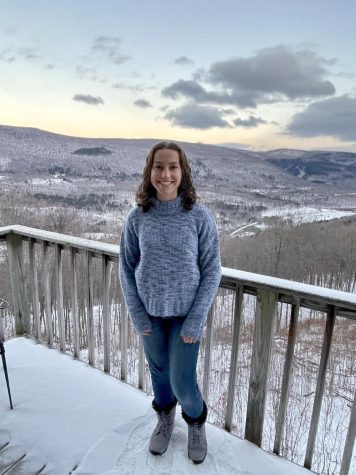
I am a member of the Class of 2023 and the Driftstone editor-in-chief. Along with creative writing, I enjoy spending time with family and friends, getting...

I am a member of the Class of 2022 at LHS. I love to draw and paint. I look forward to contributing and writing articles for Horizon.


